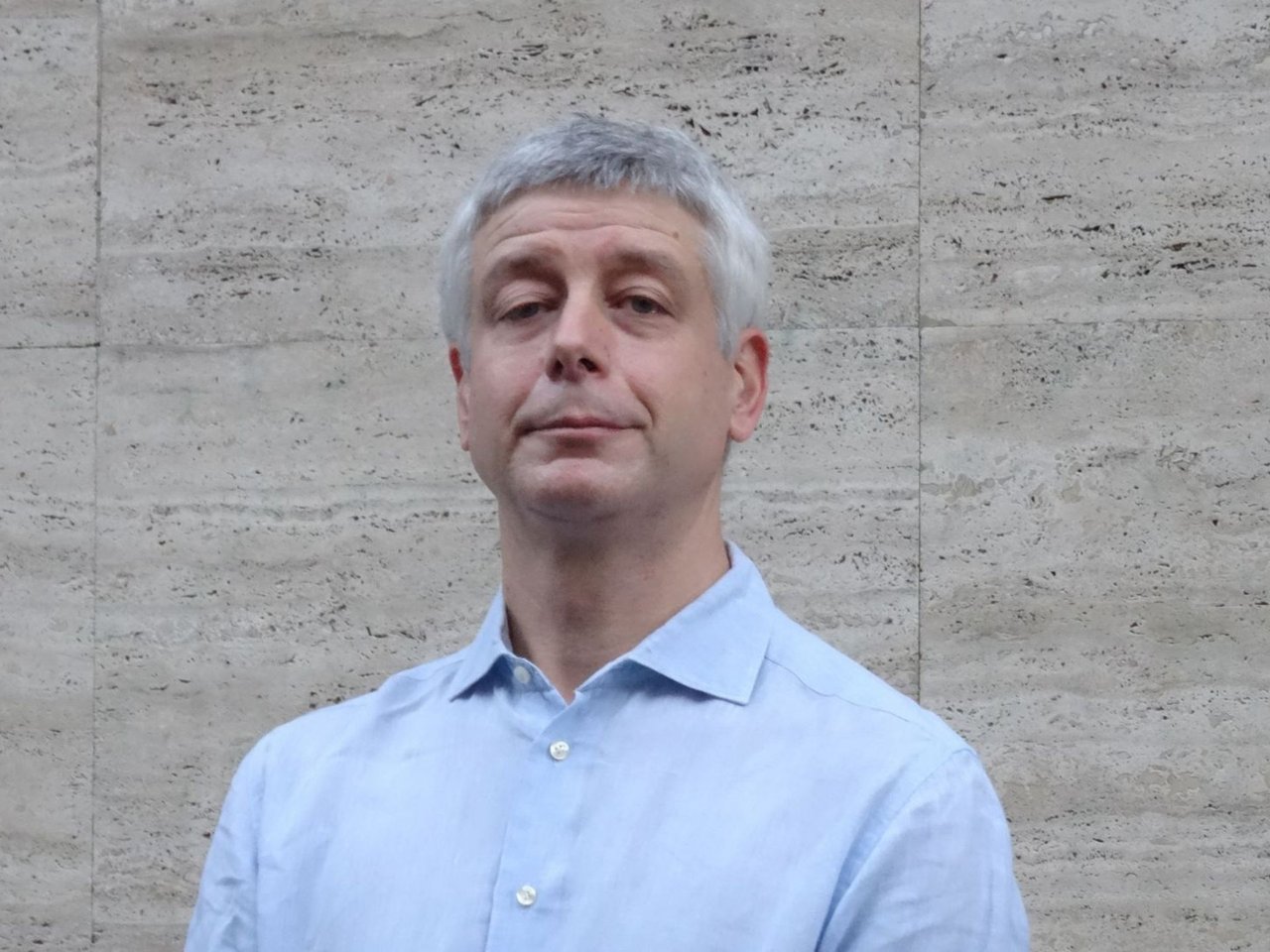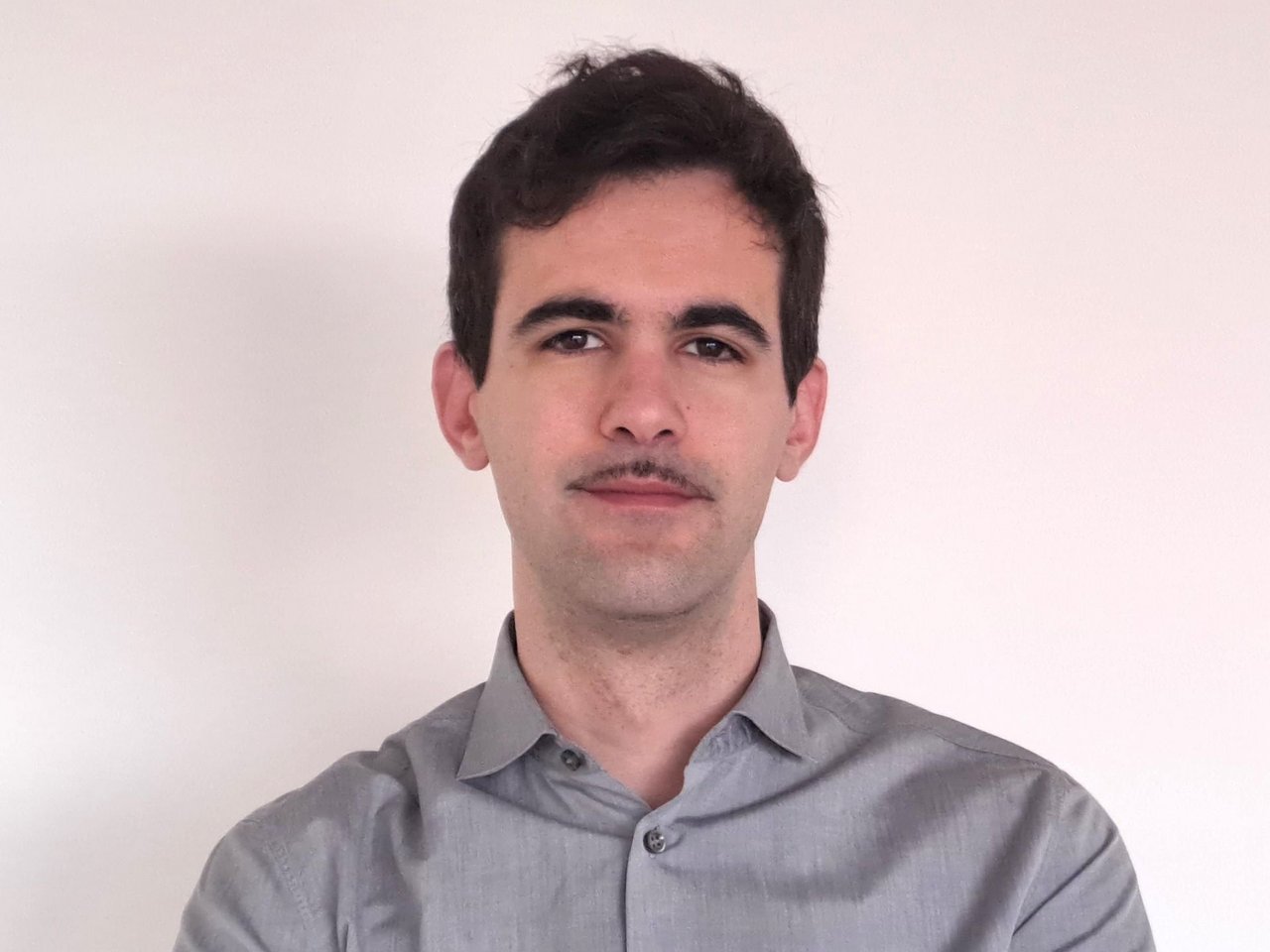FIS: two projects by Politecnico di Milano funded
Two projects of the Politecnico di Milano have been funded by FIS – Fondo Italiano per la Scienza (Italian Science Fund), the fund for basic research set up by the Ministry of University and Research designed to support the work of up-and-coming researchers and experts modelled on the prestigious grants awarded by the European Research Council (ERC), the public structure for funding scientific and technological research in the European Union.
abovEF - Measuring the electronic structure above the Fermi level, and across
The project proposed by Professor Giacomo Ghiringhelli (Department of Physics, Politecnico di Milano) has been awarded more than 2 million Euros as an Advanced Grant.
Thanks to abovEF, it will be possible to set up a totally new laboratory for the study of electronic states of quantum materials. By using inverse photoelectron spectroscopy with unprecedented energy and momentum resolution and by combining it with the better-established angle-resolved direct photoelectron spectroscopy, it will become possible for the first time to observe the details of electronic bands of solids across the Fermi level. The main novelty is in the observation of empty states above the Fermi level. In fact, together with the states lying below the Fermi level, which are populated by electrons, they determine the electronic and magnetic properties of materials. However, to observe empty states it is necessary to populate them with electrons in a very controlled way, which is technically very difficult.
The inverse photoelectron spectroscopy was invented several decades ago, but was mostly abandoned in the recent years due to the unsatisfactory quality of the measurements caused by the exceptional technical difficulties of the method. The aboveEF project aims at improving by 10 times the energy resolution and by 100 times the sensitivity of the instrument for inverse photoelectron spectroscopy with respect to the present state of the art, gaining unprecedented quality in the experiments. Virtually any classes of materials can be studied with this technique, but the project will particularly focus on two-dimensional quantum materials and high critical temperature superconductors.
Giacomo Ghiringhelli is Full Professor of Experimental Physics of Matter at Politecnico di Milano, corresponding fellow of the Accademia Nazionale dei Lincei. He is an expert on the use of synchrotron radiation to study the electronic and magnetic structure of solids, and has made decisive contributions to the development of Resonant Inelastic X-ray Scattering (RIXS) spectroscopy, a new experimental technique considered to be the main alternative to neutron spectroscopy. He has designed instrumentation for the European Synchrotron Radiation Facility (ESRF) in Grenoble, the PSI in Zurich, and the European XFEL in Hamburg. With Lucio Braicovich he has performed fundamental experiments with the RIXS technique for the study of spin waves, orbital excitations, charge density waves and electron-phonon interaction in superconducting cuprates. An expert on electronically correlated materials, in particular high critical temperature superconductors, he has published more than 200 papers in leading international physics journals.
SYNERGIZE: Synergizing Numerical Methods and Machine Learning for a new generation of computational models
Francesco Regazzoni (Department of Mathematics, Politecnico di Milano) has been awarded a Starting Grant, the funding opportunity designed for early-career researchers.
The project SYNERGIZE has been awarded over €1.2 million in funding and seeks to advance the emerging field of Scientific Machine Learning, in which Machine Learning techniques are harmonized with Scientific Computing methods to address pressing challenges in modeling natural, social, and industrial processes.
The project focuses on the development of methods rooted in algorithms from the fields of Machine Learning and Artificial Intelligence, tailored to address the complexities of Scientific Computing problems and grounded in the principles of Numerical Analysis. SYNERGIZE thus intends to create tools capable of solving highly complex mathematical problems - such as those described by differential equations - in extraordinarily short times. This approach will not only accelerate computational simulations, it will also make them more sustainable, lowering energy costs and reducing the environmental impact associated with the massive use of computational resources. The results of SYNERGIZE will have concrete implications in numerous fields: from engineering to the environment, from biomedicine to industry. Besides providing faster and more sustainable tools, SYNERGIZE aims at a theoretical advancement in the way Machine Learning can be used for scientific computing, exploring new principles for harmonising machine learning and numerical analysis.
Francesco Regazzoni, tenure-track researcher in Numerical Analysis, graduated with a PhD in 2020 from Politecnico di Milano, under the supervision of Prof. Alfio Quarteroni. He has carried out research periods in prestigious international institutions, including Pennsylvania State University and Harvard University. He is an expert in mathematical modelling, numerical simulations and machine learning. He has authored cutting-edge work on the combined use of physics-based models and machine learning algorithms, and on the development of artificial intelligence methods for scientific computing applications. His research interests also include mathematical models and methods for computational cardiology. Author of more than 40 publications in international journals, he has received prestigious awards such as the VPH Young Investigator Award (2020), the ECCOMAS Best PhD Thesis Award (2021), and the SIMAI Young Researcher Prize (2024).


